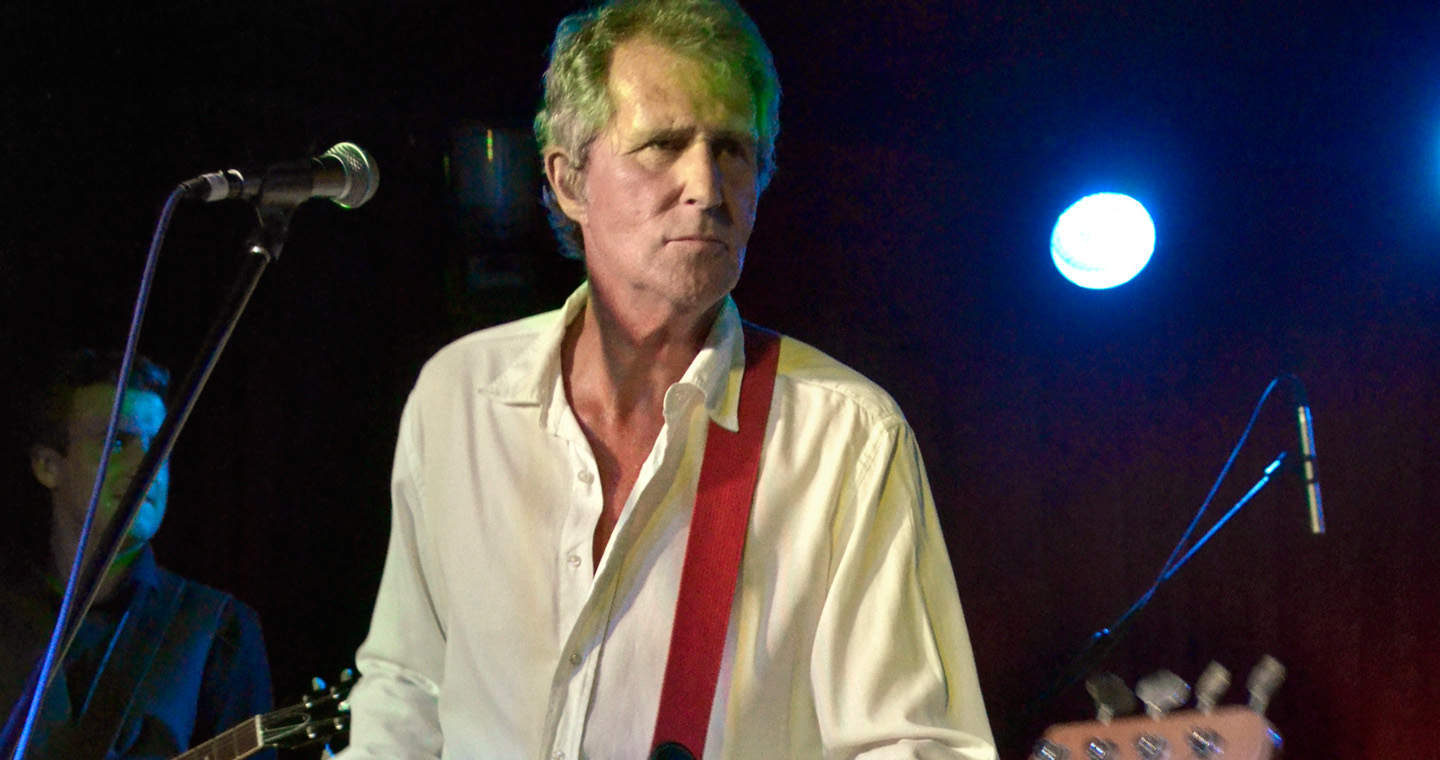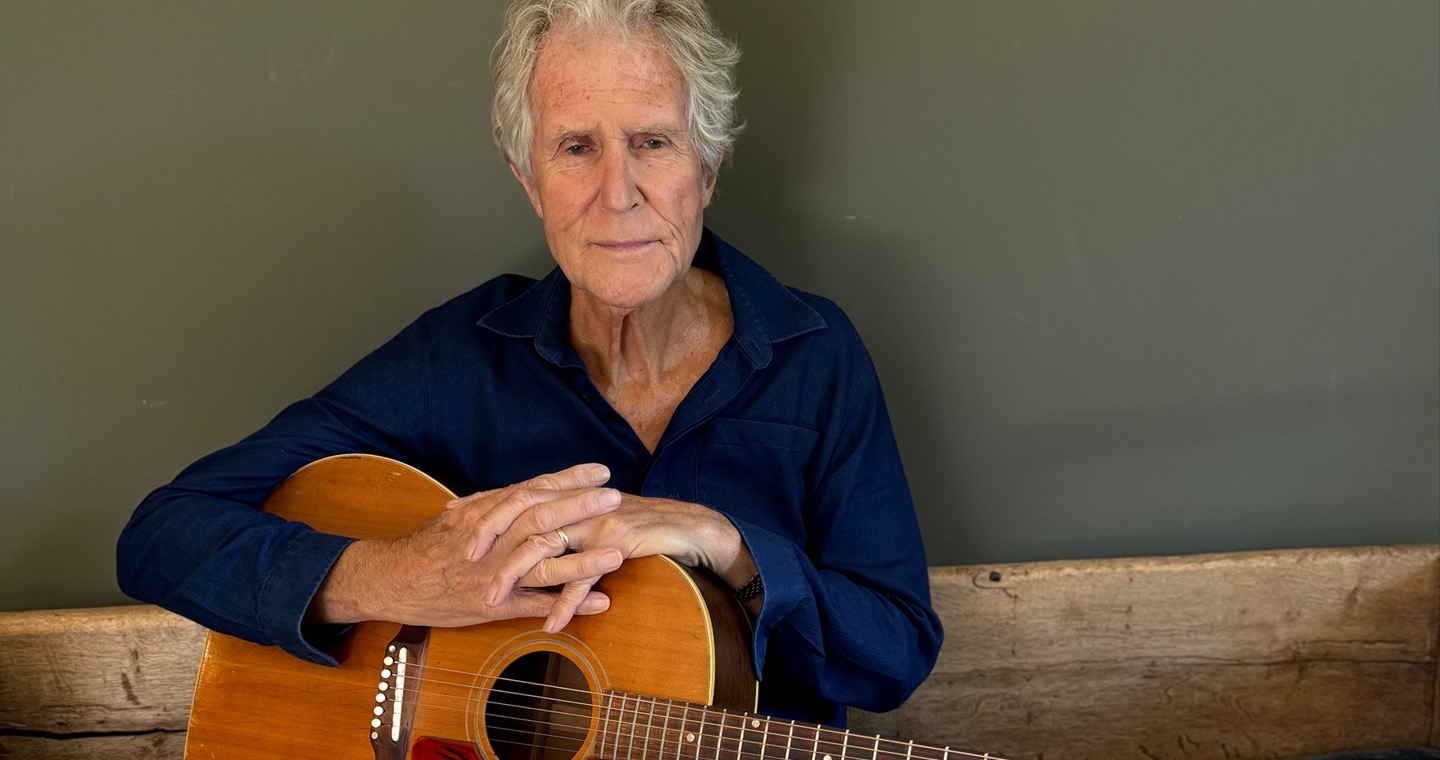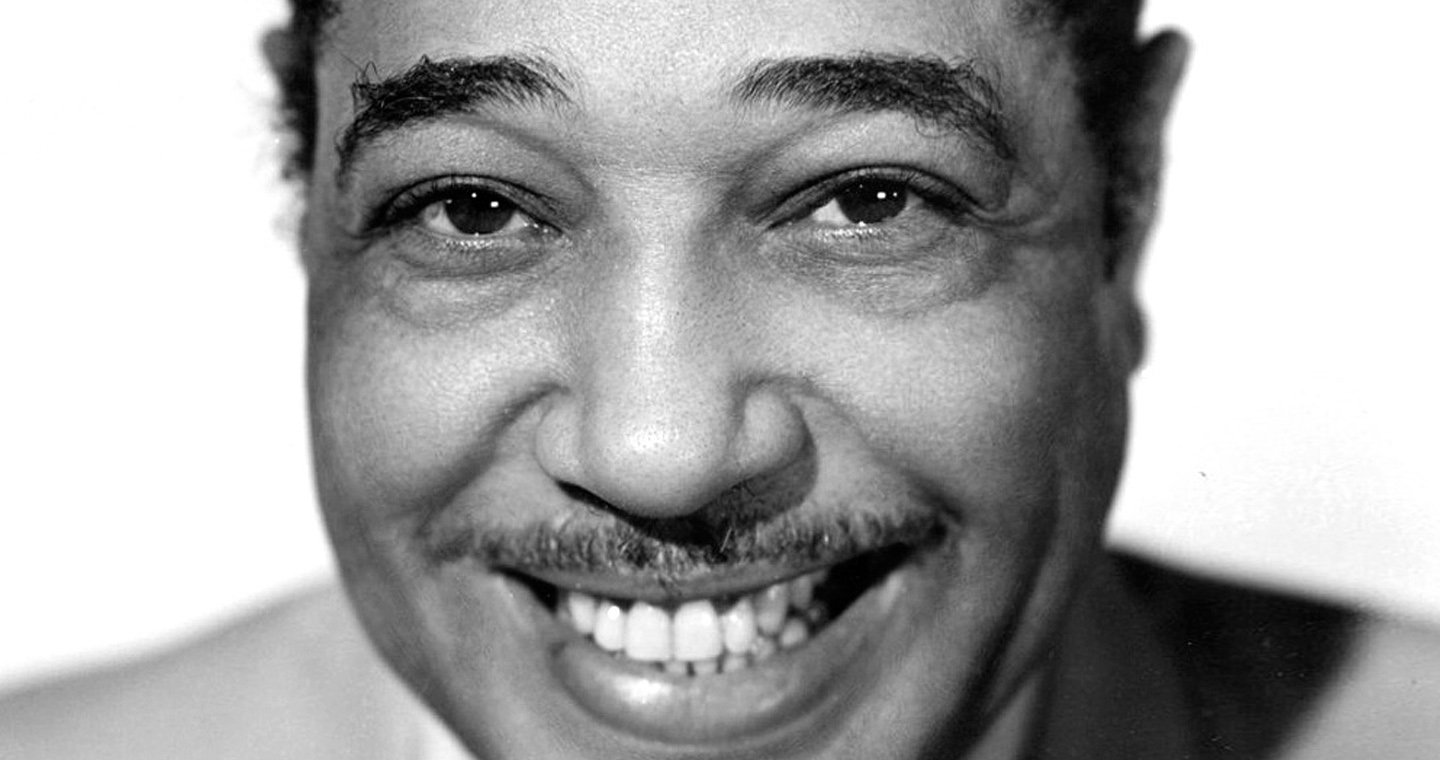This autumn offers an opportunity to trace one man’s musical journey as part of an iconic British rock band.
As a founding member and long-time bass player of Dire Straits, John Illsley helped shape a band that sold over 120 million albums worldwide and became a global phenomenon. With their unmistakable sound, poetic song writing, and genre-defining musicianship, the band conquered the world stage, none more so than with the ground breaking 1985 release of Brothers in Arms, which turned 40 this year.
A landmark moment in music history, Brothers in Arms was the first album to sell over one million copies on CD and topped the charts in over 20 countries. Featuring timeless classics like Money for Nothing, Walk of Life, and the haunting title track, the album cemented Dire Straits as one of the biggest bands of the 1980s and beyond.
Now, he presents John Illsley: The Life and Times of Dire Straits, inviting audiences to discover more about this remarkable era for British music. In an intimate evening of music and conversation, he’ll reflect on the band's meteoric rise, the madness of worldwide fame, and the enduring power of their music. With exclusive behind-the-scenes stories and rare insights only an insider could offer, this is a night no music lover should miss.
Live on stage, John will be joined in conversation by his long-time friend and former Dire Straits co-manager Paul Cummins, offering a relaxed Q&A format that brings fans closer to the band’s incredible story. The evening also features live performances of Dire Straits classics and John’s own solo work accompanied by his stellar band featuring musicians Robbie McIntosh, Steve Smith, and Hannah Robinson.
Ahead of this remarkable set of shows, Carl Marsh caught up with the bona fide member of rock royalty to get a sneak preview.
You’re heading out on tour across the UK in 2025. What can people expect from these shows?
Well, the idea is to make the evenings a mixture of music and storytelling. I’ll certainly be playing some of my solo songs — I enjoy giving them a life beyond the studio — but of course, with the 40th anniversary of Brothers in Arms in 2025, the second half of the show is going to focus very much on that album.
We’ll be performing a good number of the tracks, but it won’t just be about the music. I’ll also be sharing stories from the sessions, the atmosphere around the band at that point, and what was really going on behind the scenes. People seem to like that combination: hearing the songs they love but also learning about the context — the little details and the human side of what was happening.
It’s not about trying to be Dire Straits again, because that’s not possible and not what I want. It’s about celebrating the music and reliving those moments in a way that connects with people.
This tour blends music with spoken word. Many fans will have read your autobiography a few years back — will you be sharing things beyond the book?
Absolutely. Inevitably, the book comes into it, because it covers so much of my journey — how I first got into music, how Dire Straits came together, and what it was like to suddenly find ourselves on this extraordinary ride. But a book can only go so far.
On stage, I can add more colour. I can share things that didn’t make it into the autobiography - the atmosphere of certain tours, the funny or slightly chaotic moments that you only really appreciate years later. It’s also about honesty. Being in a successful rock band isn’t just glamour. There are gruelling aspects: the endless travelling, the lack of sleep, missing your children growing up. You make huge sacrifices to keep the machine moving.
For me, I stayed on that train because I felt compelled to. It was tough at times, but looking back, it was an extraordinary period of my life, and I think people enjoy hearing the warts-and-all version as well as the highlights.
You have a big catalogue now, both Dire Straits material and your solo work. How do you decide what makes it into the setlist?
It’s honestly one of the hardest parts. Between all the Dire Straits material and my solo albums, I could easily put together a five-hour show but no one would thank me for that!
There are songs you simply have to include, the ones fans expect, and I genuinely love playing them too. But there are always tracks I’d personally like to bring out that there just isn’t room for. With this tour, the focus on Brothers in Arms makes the decision-making a little easier, but even then it’s difficult. You always end up leaving something behind.
How does touring now compare with the days when Dire Straits were at their peak?
It’s a completely different experience now. Back then, everything was on such a massive scale — arenas, stadiums, tours that went on for months. It was thrilling, but it was exhausting too. The schedule was relentless.
These days, I prefer the smaller venues. There’s an intimacy to it. I can see people’s faces, I can tell stories between the songs, and there’s room for genuine connection. Playing to 50,000 people in a stadium is incredible in its own way, but you can’t create the same personal atmosphere. At this stage of my life, I really value that closeness.
Is it true the band’s name came about because you were literally in “dire straits” at the time?
Yes, in a sense. Life was very simple, or you could say very hard, in those days. We were living in a council flat in Deptford. South London wasn’t what it is now; it was rundown, grey, not many trees, a very different atmosphere. We’d survive on a fry-up, a couple of pints, and maybe a cheese sandwich.
When Pick Withers joined the band, he was living with some of the guys from Lindisfarne. After one of our first gigs, which we’d done under the name Café Racers, he went home and told them we needed a better name. One of them said, “Why not Dire Straits? You’ve been playing all your lives and never made a penny.” Pick brought it back, and it stuck.
At first, people thought we were a punk band with a name like that, and sometimes agents would book us expecting something entirely different. But we didn’t care. We just wanted to make music together.
Can we talk about “Sultans of Swing”? Did you know it was going to be a hit?
Not at all. It started with Mark going to a pub in Greenwich with his brother David. There was a band playing in the corner calling themselves the Sultans, and Mark went home and wrote a song about it. The earliest version was almost a country tune, and we can’t even remember exactly how it went it was never recorded.
The turning point was when Mark picked up that red Stratocaster. He played the riff, I jumped on the bass, and suddenly the song came alive. It just had a spark. We didn’t sit there thinking, “This will change our lives,” but once it got radio play, the reaction was huge. That was when we realised it was special.

Seven or eight years later, you released Brothers in Arms, one of the biggest albums of all time. How did you manage to make that while touring so heavily?
It was a whirlwind. If we weren’t on the road, we were in the studio. After Alchemy, we finally had a break, our first real holiday in years. I made my first solo record, and Mark kept writing. When we regrouped, he had this incredible batch of new songs.
There was such variety: the simplicity of “Walk of Life,” the melancholy of “Brothers in Arms,” the atmosphere of “Your Latest Trick.” We knew it was strong, but none of us imagined it would become such a phenomenon.
The timing was extraordinary: the rise of MTV, the launch of the CD, and that pioneering “Money for Nothing” video. All those things combined to create a perfect storm.
Speaking of that video — did you have much involvement?
Not directly. That was Steve Barron, the director, who really pushed the technology. Mixing computer animation with live footage was groundbreaking at the time. It was also extremely expensive.
The song itself came from Mark overhearing a couple of guys in an appliance shop grumbling about the bands on MTV. Steve turned that into a visual story, and it worked brilliantly. We were mostly on tour, so we weren’t micro-managing it, but MTV played it constantly, and it gave us enormous visibility.
Would you ever consider reforming Dire Straits for one more run?
No, I don’t think so. We had our time, we enjoyed the success, but it ended when it ended. Mark is very private these days, and he’s happiest writing on his own terms. For me, I get enormous joy from playing with the band I’ve had for over a decade now: Robbie McIntosh on guitar, Steve Smith on keyboards, Hannah Robinson singing. We have real chemistry. I don’t feel the need to go back.
Do you have any regrets when you look back?
Not many. Maybe I wish I’d learned piano earlier. I’m still fairly basic on it, but I use it for songwriting. Sometimes knowing fewer chords is a blessing, because it keeps you focused on the essence of the song.
Beyond that, no real regrets. We worked hard, we had a lot of luck, and the music has stood the test of time. You can’t ask for much more than that.
Hove’s The Old Market on Weds 29 Oct, Teddington’s Landmark Theatre on Sat 8 Nov, Dorking Halls on Mon 10 Nov, St Georges Arts Centre in Beckenham on Fri 28 Nov, and Hastings’ White Rock Theatre on Sat 29 Nov 2025, as part of a national tour.
For tickets and more information, visit: www.johnillsleymusic.com/tour

Carl Marsh
Featured What's On
Stay in the loop
Keep up to date with latest news, guides and events with the SALT newsletter.






